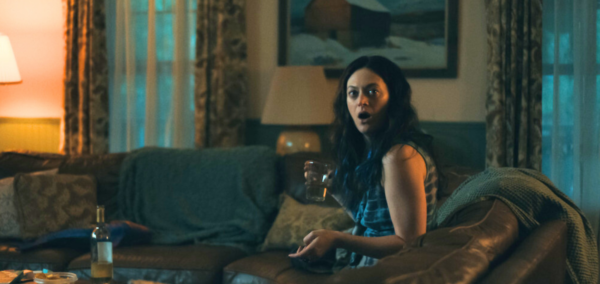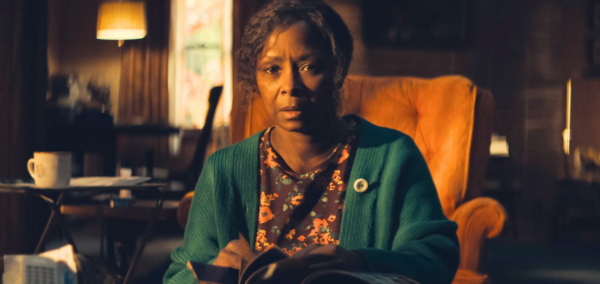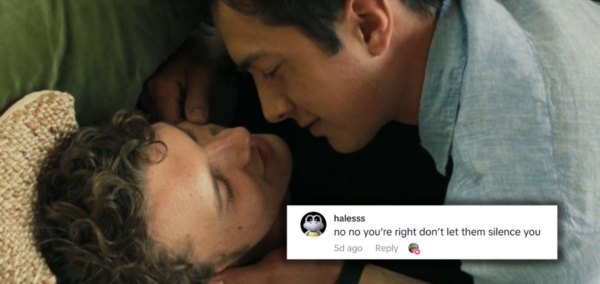
University of Glasgow faces criticism over accessibility issues for disabled students
‘The lift is always full, even though there are stairs and escalators. People just push in front of you – there’s no awareness’
Disabled students at the University of Glasgow have raised concerns about accessibility issues on campus, claiming the university is failing to meet their needs.
A survey conducted by the Students’ Representative Council (SRC) highlights problems such as broken lifts, inaccessible entrances, and a lack of reasonable adjustments from staff, prompting calls for urgent change.
The campaign, launched in recognition of Disability History Month, is being led by Nicola Smith, the SRC’s disability and equality officer. Smith, a second year history student, who uses a mobility scooter to navigate campus, has been vocal about the difficulties disabled students face.
View this post on Instagram
She told STV News: “The university has been failing its disabled students. Often, people are unable to access classes on time and cannot access essential materials, which leads to huge problems. If you can’t get to the lecture, you’re going to fall behind. Everyone has a right to education, it’s not fair.”
Whilst the university boasts several historic buildings, which can present unavoidable accessibility challenges, Smith pointed out that even the newly constructed James McCune Smith building, which opened in 2021, presents barriers for disabled individuals.
“The lift is always full, even though there are stairs and escalators. People just push in front of you – there’s no awareness. There’s also not a single automatic door in the building. I have to go to class 15 minutes early and have doors opened for me. It’s not very nice, it can be humiliating at times. It kind of ostracises you,” Smith said.
Other students have echoed these concerns. Mia Benjamin, who has a chronic illness and struggles with mental health, described the lifts as a “huge problem” due to frequent malfunctions. She added that the accessibility issues make it difficult to attend lectures on time.
Lea Atter, a neurodivergent student with mobility issues, shared her experience of struggling to enter seminar rooms: “I have to ring someone to open doors to get into seminars – I waited half an hour and it was raining. The experience was so degrading I was in tears by the time the person came.”
A fourth student, Ewan Harrop-Allen, who suffers from severe migraines, criticised the lack of flexibility from some lecturers regarding deadlines. “It feels like they’re actively ignoring disabled people,” he said, referring to the pressure of tight deadlines that exacerbate his condition.
However, not all students have faced similar challenges. Sarah Aitken, a medical student diagnosed with juvenile idiopathic arthritis at 13, shared her positive experience with Glasgow Medical School. Aitken praised the school for its commitment to accommodating her needs, including personalised accessibility assessments and the recording of lectures.
“They have an administrator who takes photos of the entrances, counts the steps, and asks if the venue is suitable for me. They always read my disability information, so I don’t have to explain myself repeatedly,” Sarah said. “It’s frustrating to hear others don’t have their lectures recorded. If the medical school can do it, why can’t the rest of the university?”
In response to the concerns raised, a University of Glasgow spokesperson said: “The University is committed to ensuring that our campuses are accessible to all users and is undertaking a significant programme of campus development.
“We’re committed to embracing diversity and difference and treating our colleagues, students, partners and others with respect.
“We want our campuses to be inviting, secure, and comfortable environments for all. We recognise that increasing opportunities for anyone who wants to engage with our campus community and facilities benefits everyone.”
Despite the university’s response, students are calling for more urgent and comprehensive action to address the accessibility barriers that continue to hinder disabled students’ experience on campus.
Featured image via Pexels





















